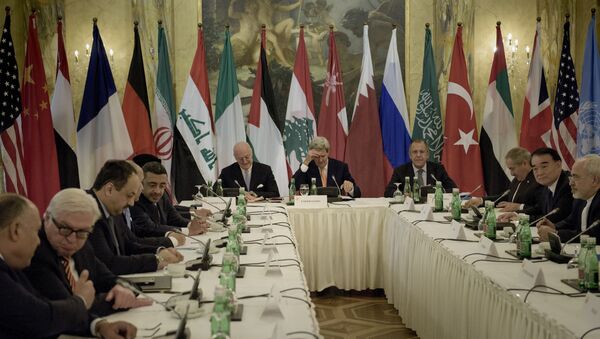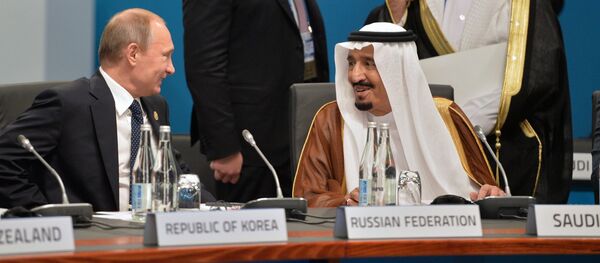"Despite Supreme Leader Ayatollah Ali Khamenei's repeated warnings that Iran cannot trust the United States in discussions beyond the nuclear issue, the reality is that the nuclear deal was merely the stepping stone to a much broader strategic dialogue," the US think tank noted.
The dialogue is already a reality.
The US and Iran are in contact over the anti-ISIL campaign in Iraq. The US leads the multinational aerial campaign aimed at destroying the radical Sunni group, while Tehran is supporting and assisting Shia militias, which are fighting militants on the ground. Both countries are also reported to be discussing counterterrorism efforts in Syria, as well as the future of Bashar al-Assad.
Saudi Arabia, one of America's key allies in the Middle East, and other Gulf states "can no longer use an exclusive relationship with Washington to shape US foreign policy in the Middle East," the think tank observed. From now on, Iran will apparently have a say too.
The resolution of the Syrian crisis is one of the major issues on the agenda. If one of the first steps to solve it involves holding elections, then key stakeholders will have to implement a ceasefire agreement in the war-torn country. This might prove to be a challenge since ISIL "remains a major force on the battlefield, ready to take advantage of any openings in the fight to surge into new areas," Stratfor warned.






